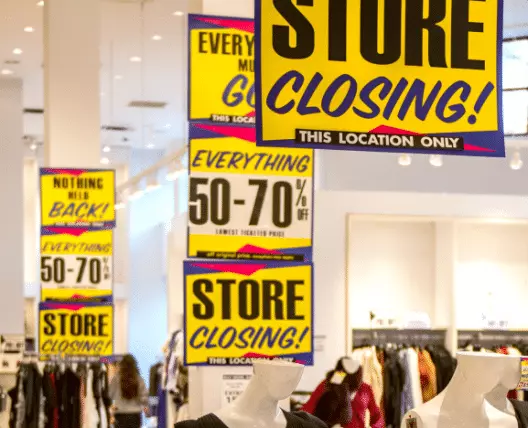False Advertising
If you’ve bought a product based on something a business said in an advertisement, it’s only fair to expect that they’re telling the truth. Hundreds of years ago the law used to be “buyer beware.” But that’s not the law today—if a business makes a promise, they have to keep it. And promising things in your ads to get people to buy isn’t ok if the things they’re saying aren’t true.
Our firm represents consumers in cases where have been lied to in ads or bought products where something important about the product was misrepresented. For example, we’ve filed lawsuits or legal claims alleging that pet products harmed or injured people’s pets despite claiming they were safe, that hair loss remedies didn’t actually work and were illegal to sell, that vehicle warranties were misrepresented to cover things they didn’t, and that Keto diet products were supposedly endorsed by celebrities when they weren’t.
These are just examples, but misrepresentations are common, and it’s getting worse with the Internet. And it’s especially bad if the false statements were about something you paid thousands of dollars for—a car, a boat, an RV, an air conditioner, a refrigerator—it’s a big deal to find out that you were lied to. Filing a false advertisement suit can help other people as well by stopping the company from misrepresenting their products to other people as well. We routinely file class actions to try to stop practices we believe are abusive to consumers.
If you’re considering a false advertising lawsuit, we may be able to help. We don’t charge for consultations or to review your case, and most of the cases we take are on a contingency fee basis, which means that we only charge fees if we recover money. Give us a call at 657-845-3100, or e-mail us at contact@kneuppercovey.com. One of our lawyers will be in touch and will talk to you about your options.

What kinds of things can be false advertising?
Anything that would matter to you in making your purchase that isn’t true. A few examples are below:
1) Making false claims about product ingredients. Lots of products claim to be “natural” when they really have chemicals that aren’t disclosed and are anything but natural. They might claim the ingredient can cure things it can’t. Even making claims like that can be illegal—if you don’t get an FDA approval, it’s not legal to claim that your product can cure a medical or health condition. But lots of companies do it anyway, and some even lie and say they have an FDA approval when they don’t.
2) Deceptive Pricing claims. Some products claim that they’re “free” when actually there are charges. Car dealerships are notorious for “bait and switch” pricing tactics where one price is advertised, but there’s no way to actually buy the car at that price. There may be hidden fees, or companies claiming there’s a “sale” when really the sale never ends.
3) Making guarantees or warranties they don’t honor. Some companies provide guarantees (for example, a money back guarantee, or a warranty that the product will work for a certain period of time) and then just don’t honor them.
4) Representing products are premium when they aren’t. This is pretty common—a few examples would be claiming that sheets are of a certain thread count when they actually aren’t, or claiming that pillows contain “Egyptian cotton” when it’s actually a lower grade. Some canned fish companies have gotten in trouble for claiming to have better quality fish than was actually in the product, and plenty of food products are mixed with “filler” so that only a fraction of it is of the higher quality ingredient. You’d probably be surprised how big the companies are that do things like this.
If you’ve bought a product relying on advertisements that turned out to be false, we may be able to help.
If you bought a product and feel like you’ve been lied to, we may be able to help. We represent consumers who’ve been injured by products or false advertising, and we make companies correct the false claims they’re making to everyone else. Our lawyers are experienced in false advertising cases and use a variety of laws to make sure that companies tell the truth to the people they sell to.
At Kneupper & Covey, we represent consumers. We help people who’ve been mistreated by businesses, and there’s no charge for a consultation to evaluate your potential case. We usually work on contingency, which means that we only get paid if we win. Call us at 657-845-3100, or e-mail us at contact@kneuppercovey.com. We’ll be in touch soon and we’ll let you know if you have a valid claim.
